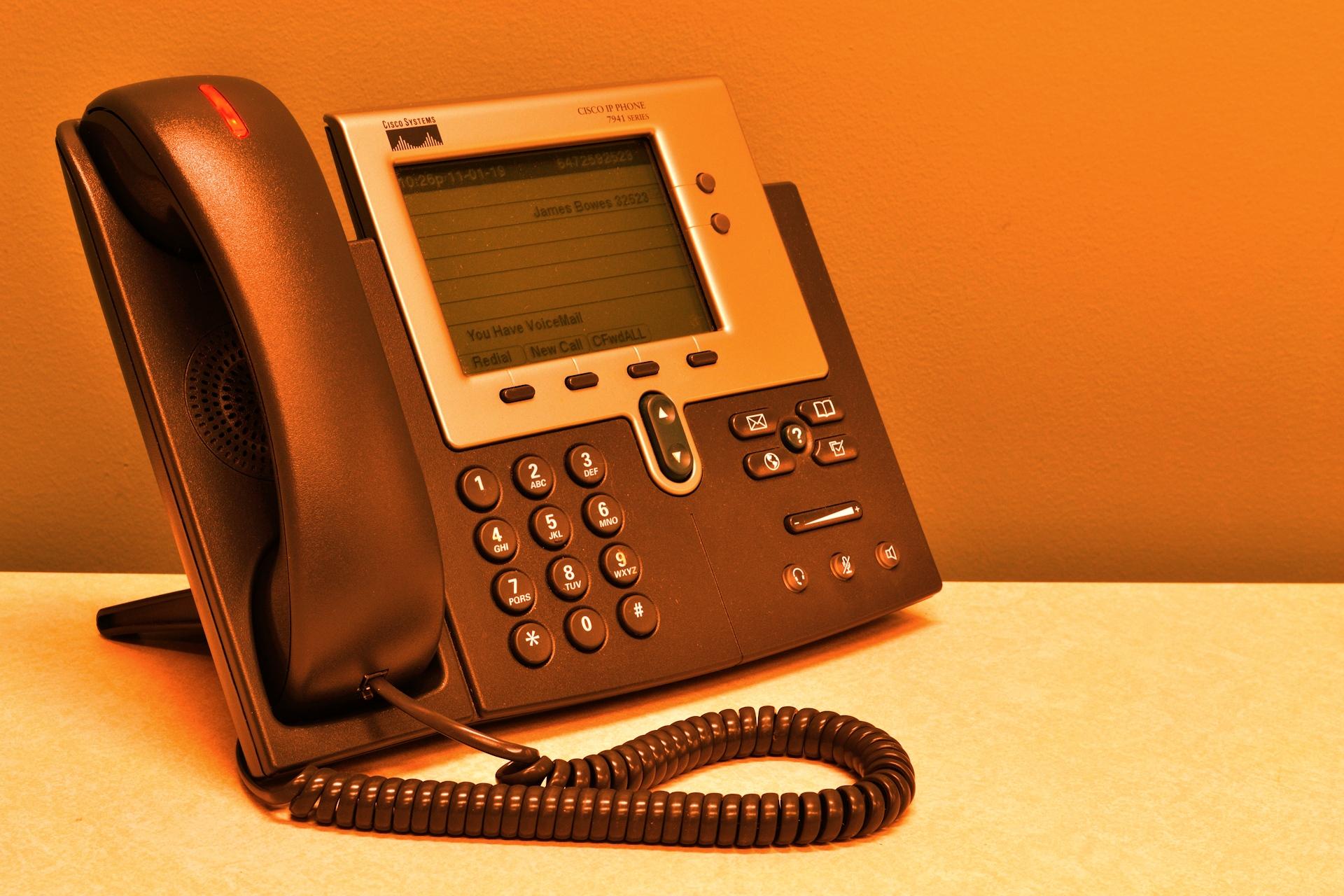Over-Promising in Telemarketing: Achieving Zero Tolerance with Speech Analytics
GRC
GRC


Improper telemarketing practices that lead to enforcement actions against businesses are, fortunately, rare. But the penalties (along with many other business headaches) can be steep. For example, in March of this year, the FCC fined a phone company over $2 million, in part for deceptive marketing practices by its telemarketers.
Even with the best training, covering both the negative consequences of deviating from prepared scripts and the risks of over-promising, agents may still fail to adhere to your policies.
In the past, we have heard the following statements from agents working with customers:
If you haven’t made the proper provisions, regulators may react especially aggressively toward non-compliance. On the other hand, regulators may be more forgiving if your organization has state-of-the art auditing technology and methodical procedures in place.
Searching for key phrases manually is time-consuming and ineffective. Doing so would take quality assurance countless hours listening to batches of recordings, which is simply not practical. Worse, sifting through call recording manually increases the chances that non-compliant incidents will fall through the cracks.
Implementing enhanced monitoring of 100% of your calls with speech analytics in this environment is a necessity. Voice analytics technology makes it easy to quickly and accurately identify specific recordings and call types. You can monitor all calls for context, including very serious non-compliant utterances, such as “If you switch to us, I guarantee we’ll save you money.”
In addition to gaining efficiency and accuracy, implementing voice analytics also helps demonstrate your commitment towards zero tolerance. Isolated violations will thus result in less severe settlements when regulators compare your efforts with more careless offenders.
With enhanced auditing processes in place, regulators might be more inclined to seek a settlement than take your company to trial. As the president of a Buffalo-based telemarketer once told me, “We’ve always emphasized compliance but speech analytics has helped us reduce legal fees by an estimated 15-20%.”
Once deployed, voice analytics can provide an audit of historical call analysis and thus establish a baseline of your situation. This process can be relatively quick and inexpensive. Hundreds of thousands of calls can be processed against a set of phrases and language patterns to detect non-compliant recordings that even the most diligent QA manager may have missed. And then you can begin to improve.
If regulators focus on your telemarketing practices, it is critical to develop policies and procedures that can convince them that any infractions are not the result of systemic neglect or carelessness. Implementing speech analytics is a great place to start.
Furthermore, your investment in the technology can also be applied to more conventional business objectives, such as evaluating agent performance more efficiently, reducing average handling time, and improving first call resolution. For example, an automated zero-tolerance program can serve as a competitive advantage as you expand your market. Your commercial clients will be able to check a box related to risk assessment and have one less detail to worry about.
Being reactive or proactive to zero tolerance compliance depends upon your situation. If you do not have speech analytics tools in place, consider getting proactive. There are many companies to choose from with wide-ranging differentiators and capabilities.

With up to 1000 hours of audio at no charge